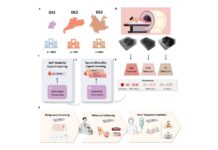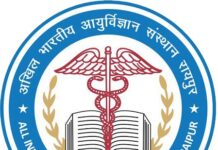In a significant advancement, India has launched its first indigenously developed antibiotic, Nafithromycin (Miqnaf), to address the growing challenge of antimicrobial resistance (AMR), which occurs when bacteria, viruses, fungi, and parasites no longer respond to existing treatments. The new antibiotic is designed to combat multidrug-resistant bacterial infections that can be life-threatening, particularly when pathogens become resistant to current antibiotics.
Developed by Maharashtra-based Wockhardt Ltd., Nafithromycin is effective against resistant strains, including drug-resistant pneumonia, a condition responsible for over two million deaths annually worldwide. India, which bears 23% of the global burden of community pneumonia, faces difficulties in treating such infections due to widespread resistance to common antibiotics like azithromycin.
Experts highlight that Nafithromycin is 10 times more potent than azithromycin and provides 8 times higher lung exposure. Its once-a-day, three-day regimen offers a cure rate of 96.7%, with superior safety and tolerability. Nafithromycin’s ability to target both typical and atypical pathogens makes it a groundbreaking solution, as no new antibiotic in this class has been developed globally in over three decades.
As reported by timesnownews.com, the development of Nafithromycin is the result of 14 years of research and an investment of Rs 500 crore, with clinical trials conducted in the US, Europe, and India. Supported by the Biotechnology Industry Research Assistance Council (BIRAC) under the Biotechnology Industry Partnership Program (BIPP), this milestone underscores the importance of public-private collaboration in advancing healthcare innovation.
The drug is awaiting final approval from the Central Drugs Standard Control Organisation (CDSCO) for manufacturing and public use. Its launch marks a major step forward in India’s fight against antimicrobial resistance, a growing global health threat.
AMR is considered one of the top global health threats, responsible for over 1.27 million deaths in the past three years, according to the World Health Organization. The misuse and overuse of antimicrobials in humans, animals, and plants are primary contributors to the development of resistant pathogens. Experts warn that AMR jeopardizes many medical advances and increases the risks of routine medical procedures such as surgeries and cancer treatments.
























